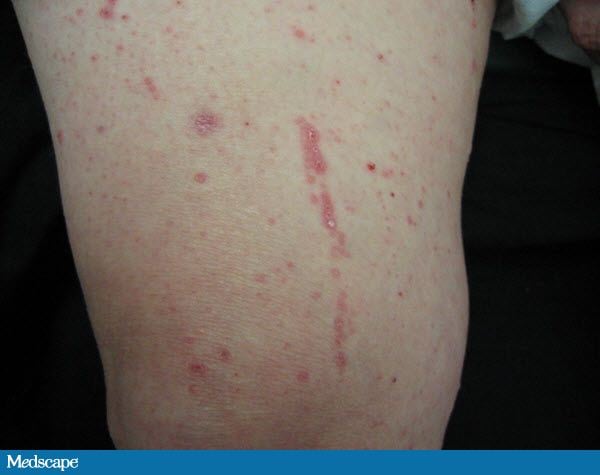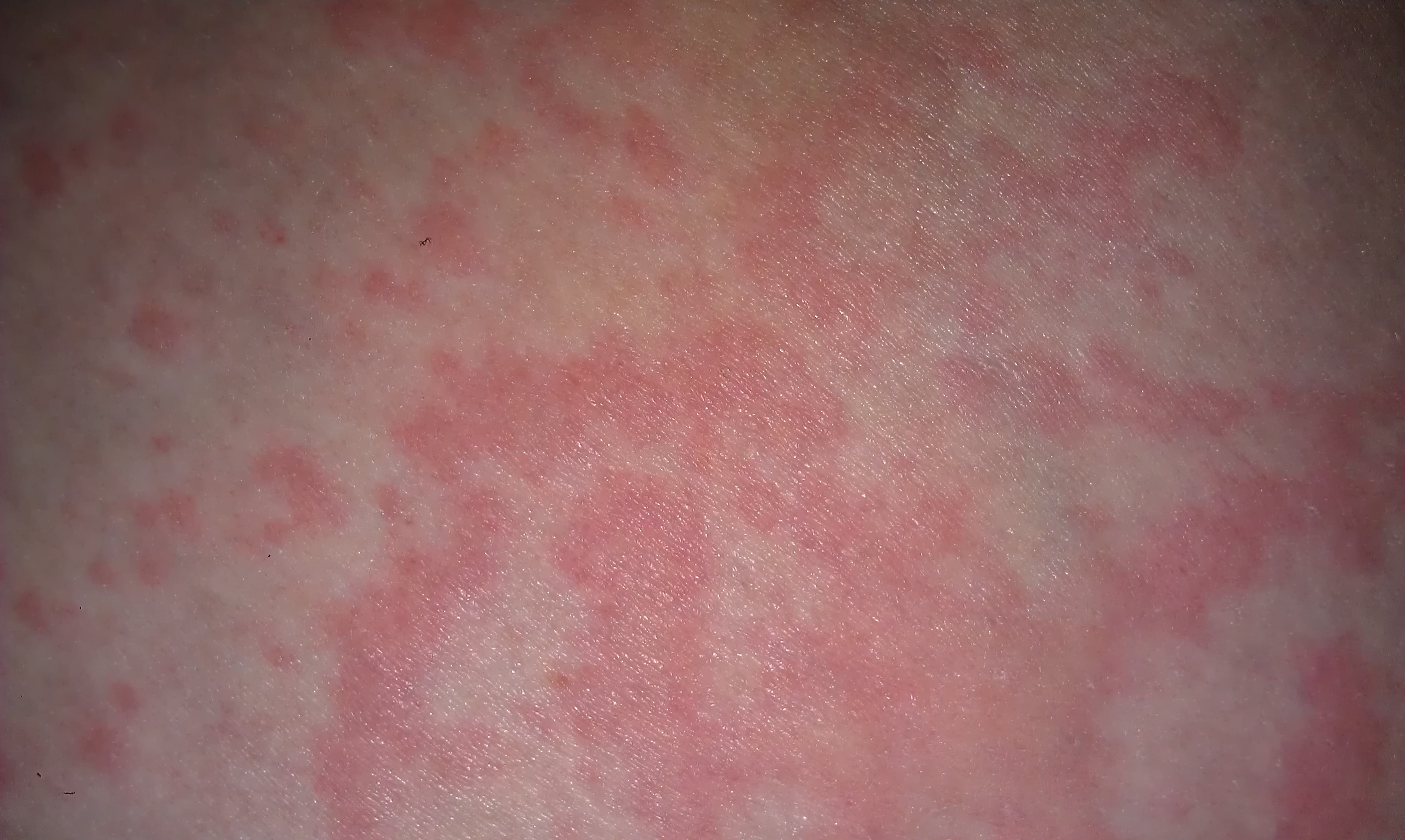

symptoms are keeping you awake at night.eczema isn’t responding to over-the-counter treatments.It’s a good idea to make a medical appointment if your: However, it’s best to see a doctor when symptoms are hard to manage or are getting worse.
#SKIN RASHES THAT ITCH LINES SKIN#
Sometimes, mild eczema can be managed at home by avoiding triggers and keeping skin moisturized. This can cause infections that must be treated with antibiotics. Scratching eczema further irritates and inflames the skin. Many people find their symptoms get worse at night, making it difficult to sleep. crusty patches of dried yellowish ooze, which can signal infection.small, raised bumps that ooze fluid when scratched.It’s not contagious and sometimes becomes less severe with age. It can flare up, subside, and then flare up again.Įczema can occur anywhere but usually affects the arms, inner elbows, backs of the knees, cheeks, and scalp. The main symptom of eczema is itchy, dry, rough, flaky, inflamed, and irritated skin. external allergens such as pollens, mold, dust, or dust mites.chemicals or preservatives found in cleansers and detergents.According to the National Health Service (NHS), research has shown that external and internal factors can contribute to flares of eczema. Eczema triggersĪn eczema flare-up happens when one or more eczema symptoms appear on the skin. This protein is responsible for helping your skin stay moisturized and healthy. We’ve listed common triggers for flare-ups below.Īdditionally, researchers have found that some people with eczema don’t make enough of a protein called filaggrin (filament aggregating protein). However, researchers think that it’s triggered by an overactive immune system.Įczema tends to flare when your skin is exposed to external irritants, which cause your immune system to overreact. And this condition has a predilection for areas that are covered.The cause of eczema isn’t completely understood. Cutaneous t-cell lymphoma (CTL) is actually a type of skin cancer, relating to abnormal immune cells called lymphocytes. They call it eczema, they call it dry skin, and it's not,” says Adam Friedman, MD, a professor of dermatology at GW School of Medicine and Health Sciences.
#SKIN RASHES THAT ITCH LINES PLUS#
If you are currently dealing with a rear-end rash, here are some of the most common rashes and how they may appear depending on your skin tone, so you know exactly what to look for, plus treatments that can ease your symptoms. I know that there are so many efforts ongoing to address that, but unfortunately, we are not there." "The result of that is either under-diagnosis, misdiagnosis, or taking a long time to diagnose for our patients of color. "When the images in the textbooks and images in the lectures are not diverse and are not really reflective of society and what you will see in the real world, then that bias is ingrained in medical education," says Caroline Robinson, MD, the founder and CEO of Tone Dermatology in Chicago.

And pictures of rashes in medical textbooks often feature white models. To make the situation even more complicated, different skin conditions look different on light skin compared to darker skin colors. Sometimes a minor bump could just be a simple pimple, but you may not know what you’re dealing with when the irritation is bigger, redder, and even painful. ICYMI, a butt rash can happen to adults too, not just babies. Rashes are itchy and annoying, but they bring on a whole new level of discomfort when they appear on your butt.


 0 kommentar(er)
0 kommentar(er)
